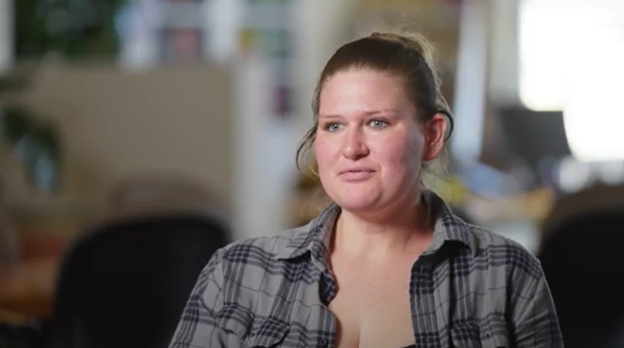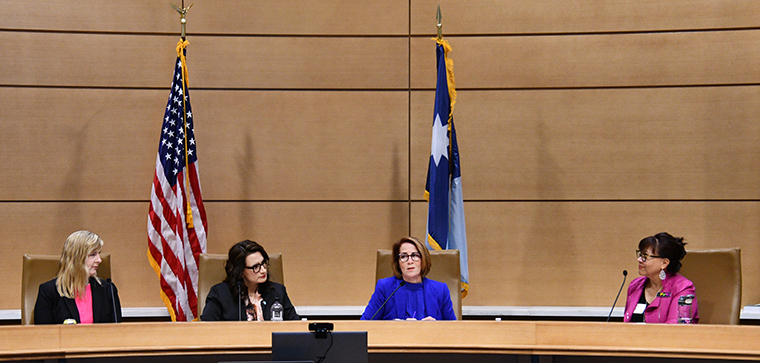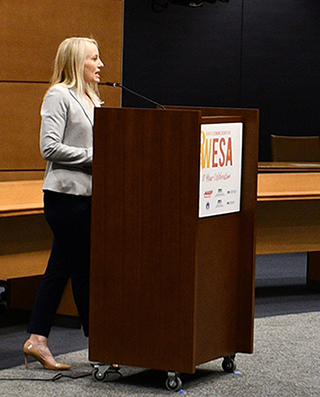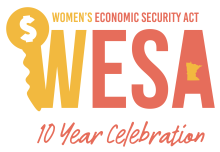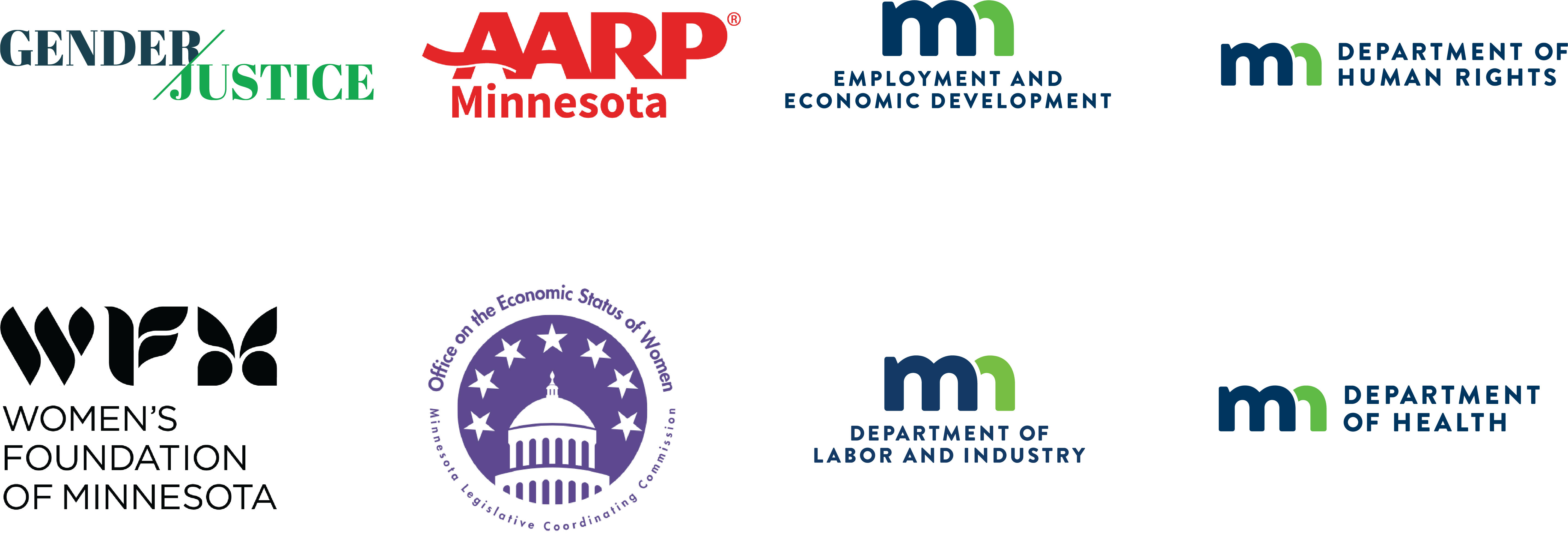Women’s Economic Security Act 10-year anniversary event
The Minnesota Department of Labor and Industry co-hosted an event May 13, 2024, to celebrate the10-year anniversary of the Women's Economic Security Act (WESA).
The free event included panels and speakers discussing WESA and its impact on the lives of Minnesota women and their families.
View a recording of the event at youtube.com/live/zK7qOipMOXU?si=XDlC8v74FGewl9BT&t=1786.
Event materials
What is WESA?
In 2014, Minnesota passed the Women's Economic Security Act (WESA), a package of laws designed to support women and their economic wellbeing. WESA requires better workplace support for parents, pregnant women, nursing employees and victims of abuse. It also bars workplace discrimination against pregnant women and parents of young kids. WESA helps close the gender pay gap by offering programs to train women for higher-paying jobs or start businesses in profitable fields. It makes it illegal for employers to prevent employees from talking about their wages and requires certain businesses with state contracts to obtain an Equal Pay Certificate to confirm they are paying men and women equally. Older women who struggle financially due to lower pay are also helped by WESA.
Why is it important?
When WESA was signed into law, data showed Minnesota women were making progress by leading the nation in workforce participation and becoming the main source of income for many households. However, many women were still low-wage workers, facing a gender pay gap of 20-43%. The data also showed rental housing in Minnesota was unaffordable, child care costs were high and elderly women were more likely to live in poverty than men. These disparities were worse for women of color. Although women's earnings were vital for their families, many were struggling to make ends meet due to lower wages and caregiving responsibilities. Job choices and inflexible workplaces also made it hard for women to earn enough to support themselves and their families.
What’s next?
While Minnesota has made significant improvements to WESA over the past ten years, including expanding the right to workplace pregnancy accommodations, paid break times to express milk at work, promoting high-wage job and business opportunities for women of color, earned sick and safe time, retirement savings options for workers without an employer-sponsored plan and paid leave, among other initiatives, much work remains. Child care continues to be unaffordable and inaccessible for many families, the minimum wage remains low outside of Minneapolis and St. Paul and disparities, including the gender wage gap, persist. Despite these challenges, overall, Minnesota women face a promising future.
Sponsors
The event was sponsored by the Minnesota Department of Labor and Industry, the Department of Employment and Economic Development, the Department of Human Rights, the Department of Health, the Office on the Economic Status of Women, the Women's Foundation of Minnesota, Gender Justice and AARP Minnesota.


